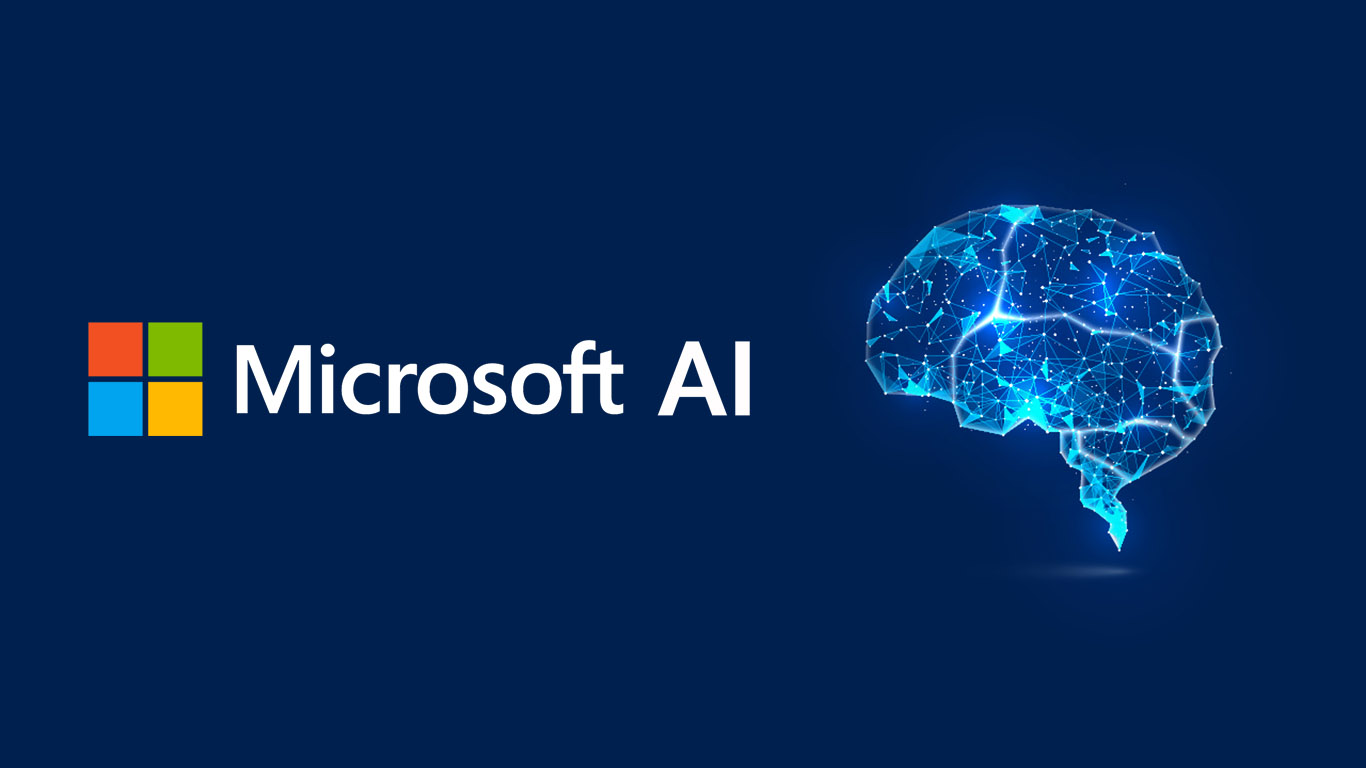 AI
AI
 AI
AI
 AI
AI
Microsoft Corp. is expanding its long-running relationship with the artificial intelligence research outfit OpenAI Inc. as it launched a new service today for Azure Cognitive Services.
The service provides developers with access to a range of OpenAI’s AI models, including the GPT-3 base series, Codex series and embedding models. Details of the expanded relationship were announced at Build 2022 that opens today online.
According to Microsoft, the new OpenAI Service is part of a larger effort to help developers deploy higher-quality models as application programming interfaces, so they can infuse language capabilities into applications more efficiently. Microsoft reckons Azure OpenAI Service will help developers to bring new reasoning and comprehension capabilities to the table in “cutting-edge” applications. In particular, it mentioned use cases such as writing assistance, code generation and making sense of unstructured data.
The launch of OpenAI Service was one of two major updates to Azure Cognitive Services at Build. The other pertained to the launch of Azure Cognitive Service for Language, which provides summarizations (pictured below) that can help developers locate key information in documents and call transcripts, for example. So a call center operator could take a transcript and quickly identity the reason why a customer made a call, as well as the resolution, Microsoft said.

The company had a host of other Azure AI updates on display too. One of the most prominent new updates is the launch in preview of Azure Machine Learning’s responsible AI dashboard. This is a new feature within Azure Machine Learning that makes it easier for users to implement “responsible AI” free from biases.
It includes tools such as data explorer, fairness, model interoperability, error analysis, and counterfactual and causal inference analysis. The idea, Microsoft said, is to help developers debug the models they create and make better informed decisions.
Azure Machine Learning, which is a cloud service for accelerating and managing the ML projects, gained additional new features. These include managed endpoints for deploying large-scale models for real-time and batch inferencing, which are available now, plus AutoML features in preview that provide support for natural language processing and image tasks, generation of model’s training codes and enhancements for product integration.
In a final AI-related update, Microsoft said it’s adding some new capabilities to Azure Applied Services, which are high-level services aimed at helping developers apply AI into key business scenarios. They are optimized for critical tasks ranging from monitoring and diagnosing metric anomalies, mining knowledge from documents, enhancing the customer experience through transcription analysis, boosting literacy in the classroom, document understanding and more.
Examples of Azure Applied Services include Azure Form Recognizer, which gains new document processing features such as being able to streamline patient check-ins, vaccine verification with insurance and vaccine card prebuilt models, Microsoft said. Meanwhile, Power Virtual Agents gain new capabilities from Azure Bot Service Composer to help citizen developers collaborate on AI bots that can automate manual work processes.
Support our mission to keep content open and free by engaging with theCUBE community. Join theCUBE’s Alumni Trust Network, where technology leaders connect, share intelligence and create opportunities.
Founded by tech visionaries John Furrier and Dave Vellante, SiliconANGLE Media has built a dynamic ecosystem of industry-leading digital media brands that reach 15+ million elite tech professionals. Our new proprietary theCUBE AI Video Cloud is breaking ground in audience interaction, leveraging theCUBEai.com neural network to help technology companies make data-driven decisions and stay at the forefront of industry conversations.